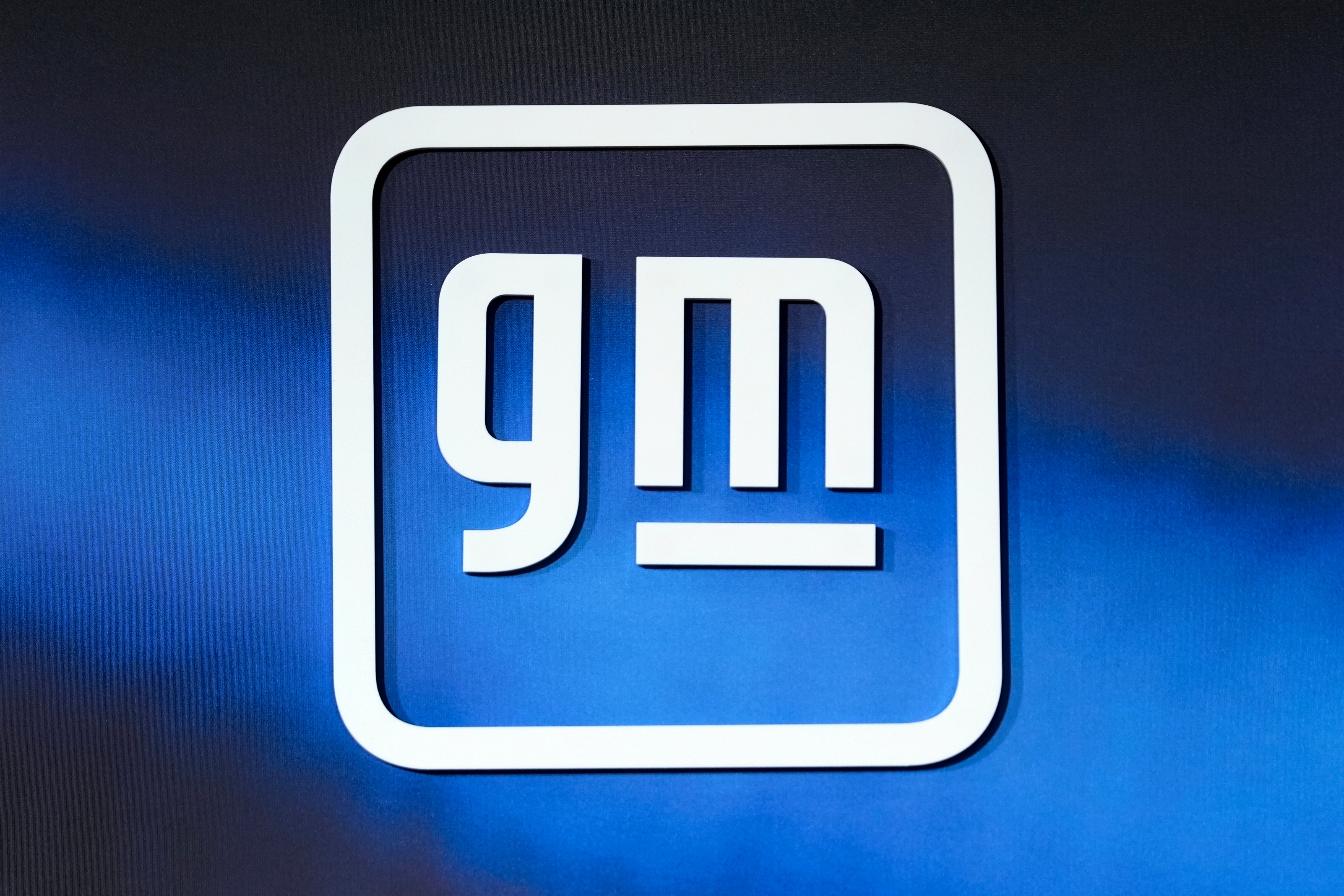US closes 5-year probe of General Motors SUV seat belt failures due to added warranty coverage
U

Your support helps us to tell the story
From reproductive rights to climate change to Big Tech, The Independent is on the ground when the story is developing. Whether it's investigating the financials of Elon Musk's pro-Trump PAC or producing our latest documentary, 'The A Word', which shines a light on the American women fighting for reproductive rights, we know how important it is to parse out the facts from the messaging.
At such a critical moment in US history, we need reporters on the ground. Your donation allows us to keep sending journalists to speak to both sides of the story.
The Independent is trusted by Americans across the entire political spectrum. And unlike many other quality news outlets, we choose not to lock Americans out of our reporting and analysis with paywalls. We believe quality journalism should be available to everyone, paid for by those who can afford it.
Your support makes all the difference.U.S auto safety regulators have closed a five-year investigation into seat belt failures in some General Motors SUVs after the company issued extended warranty coverage.
The National Highway Traffic Safety Administration says in documents posted on its website Tuesday that warranty coverage issued in June of 2019 addressed the problem that caused the recall.
In 2014, the company recalled more than 1.3 million midsize SUVs because a flexible steel cable that connects the seat belts to the front outside seats could fail over time and not hold people in a crash. Dealers were to replace the lap belt pretensioners.
The recall covered Chevrolet Traverse, Buick Enclave, GMC Acadia and Saturn Outlook SUVs from the 2009 through 2014 model years.
But in 2019, the agency opened an investigation after getting four complaints that seat belts failed in the SUVs after recall repairs were done. No injuries were reported.
On Tuesday, the agency said GM extended the warranty on the cables to 12 years or 180,000 miles from the initial sale date of the SUVs. Technicians were to inspect the driver's seat belt cable for damage to a protective sleeve. If damage was found, the cable was to be replaced with new sleeve and a part that relocated the cable to mitigate any damage.
The agency said it closed the probe because of a high ability to detect the problem, a low rate of occurrence and the additional warranty coverage.